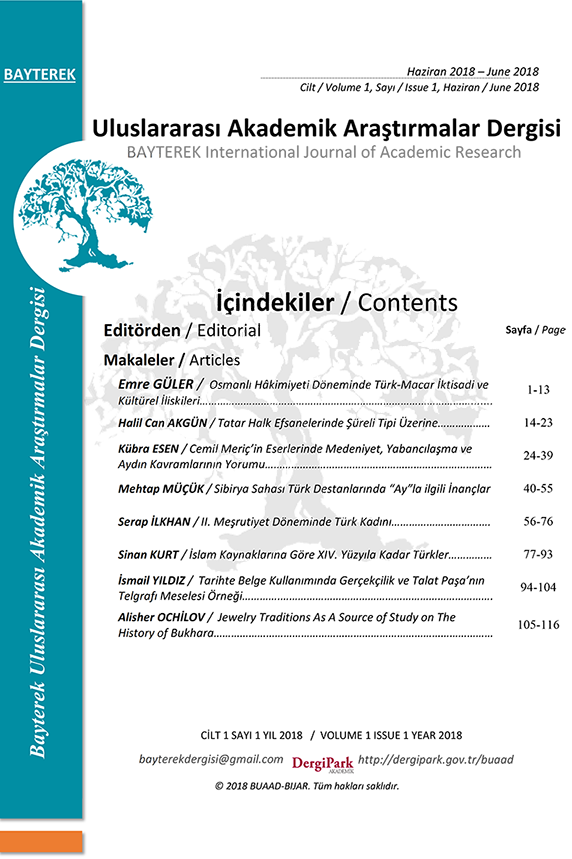
Bayterek Uluslararası Akademik Araştırmalar Dergisi
Yazarlar: ["Hakan UYSAL", "Mehmet Akif OCAK"]
Konular:-
DOI:10.48174/buaad.1267998
Anahtar Kelimeler:Arduino,Bağlılık,Öz-yeterlik algısı,Programlama,Ters yüz sınıf,Tinkercad
Özet: In this case study, it is aimed to design an instructional design including Arduino applications developed for first year engineering students, implement it with a flipped classroom model, and evaluate it in terms of perceived engagement and programming self-efficacy. The online part of the eight-week instructional design, which was developed by considering the difficulties in learning programming, includes interactive videos consisting of screen shots of circuit designs developed in Tinkercad. The face-to-face laboratory activities were designed to include high-level learning objectives based on the online content. Twenty-one volunteers consisting of first-year students from the Department of Software Engineering at Kırklareli University completed the teaching. Focus group discussions and one-on-one interviews were conducted with 10 students selected from among the participants by convenience sampling method. In addition, log records of the participants' interactions with the learning management system were collected. The data obtained from the interviews were analyzed by content analysis and the log records were analyzed by frequency analysis. Within the scope of this study, it was concluded that Arduino programming instruction with the flipped classroom model supported positive development in terms of students' engagement and programming self-efficacy perception.